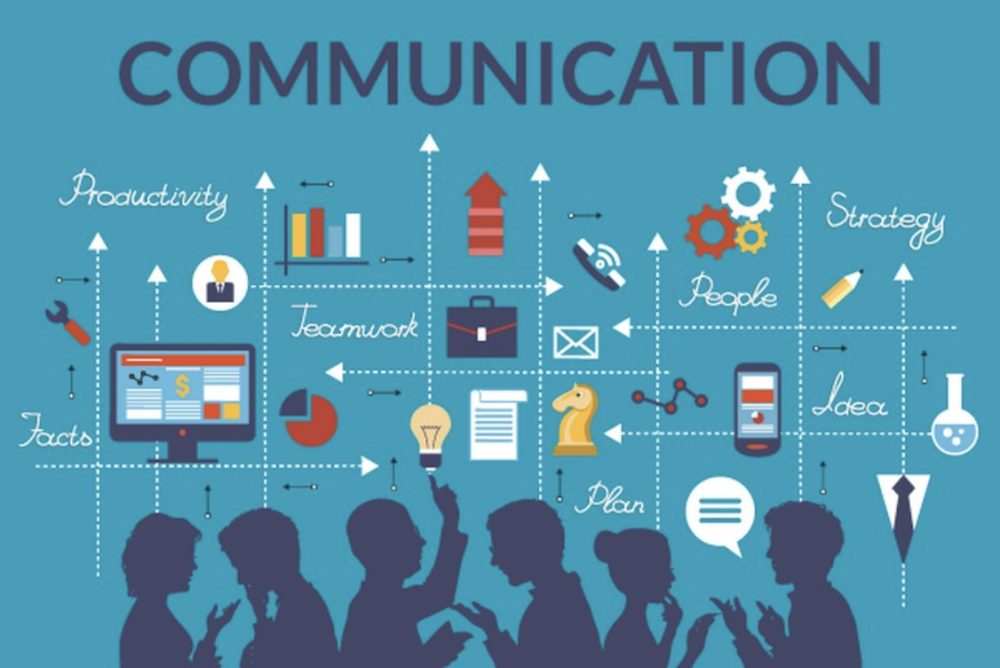In the video “The Importance of Authentic Communication”, Sheryl Sandberg makes two spectacular points about taking full responsibility and giving others partners a voice in decision making. I agree with her opinions and believe they offer important characteristics of effective business communication.

To give other workers a voice in decisions, it was explained by Sandberg that you should never take a position of what you believe and ignore what others think. I agree with this statement and believe it is important to give others your thoughts and opinions but also be open to what they have to say about it as well. Sandberg explained that by saying “I believe for this reason. What do you believe?”, you can give other people room to communicate authentically. This is a great way to communicate because you are displaying your point of view while also showing your co-worker that you are interested in what they have to say as well. It takes more than one person to make big decisions for a firm, so it is important to gather everyone’s thought and ideas before making a collection decision. Everyone’s voice should be heard, and this demonstrates unselfish leadership qualities.

Taking full responsibility is essential to being successful as well. I agree with Sandberg’s ideas, specifically when she mentions “It’s your fault that you didn’t get the group together to meet and discuss everyone’s roles”. You can’t blame other people when you don’t do as well on a project. Instead of insulting them, it is important to take accountability. I agree that you should instead say “why didn’t I meet with them to make it clearer to them what exactly they had to do.” When a group doesn’t do a good job, it’s the whole groups fault and everybody should think about what they could have done better instead of blaming each other.
